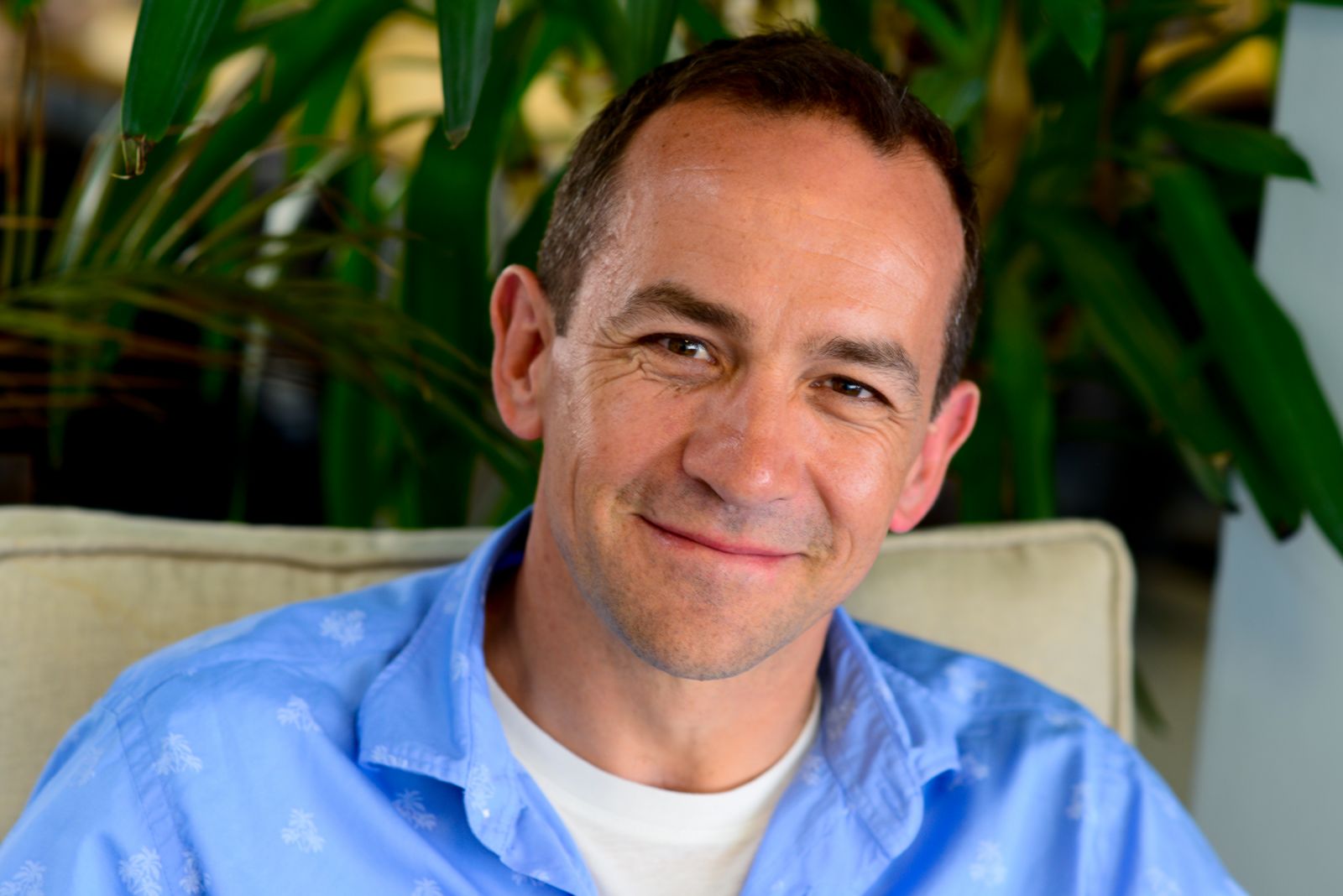If I were an airline boss….

Tim Williamson, customer director at Responsible Travel and formerly a director at Monarch and TUI, outlines what he would do if he was the boss of an airline to secure its long-term survival…
"Over the last 12 months two major UK airlines, Thomas Cook and Flybe, have gone under, taking with them at least 23,000 jobs and probably several thousand more across the supply chain. Given that at least 13 airlines have collapsed worldwide since January 2019, in all likelihood they’ll be followed by more before too long.
In light of these events, my (imaginary) airline has developed a 10-year, 10-point manifesto for change that I believe will secure our long term survival, improve our sustainability and increase stakeholder value…
1. Shareholder duties: We recognise that our shareholders need to take their responsibility for the climate emergency the world faces seriously. For many years they have been happy to take the dividends from a business that fundamentally pollutes, and now they must recognise their responsibility and back a longer term plan which will reduce the airline’s total output of greenhouse gases.
2. No more greenwash: We commit to significant investment in sustainable aviation, such as electric planes, for the long term future of the airline. We will properly fund our own innovations, work with new aviation manufacturers and engine suppliers and fully support the government fund for sustainable aviation created by the new Green Flying Duty that will be implemented this year on top of APD.
3. Taking the long view: We will work to encourage a broader ownership of the airline, with more of our employees owning shares in the business. This airline will no longer be driven by the desire for short term returns on investment and the demands of intuitional investors and private equity. Instead we will aim to create a sustainable business that can survive fluctuations in the travel industry such as the coronavirus – and recognise that employees with a stake in the business are more committed and happier.
4. Best for customer service: In a fiercely competitive UK and EU market we finally recognise that there is little long-term value in driving costs down to focus on offering the lowest fares. It is also unsustainable to seek constant volume growth in an industry that is contributing so much to the heating of the planet. Instead, this predominantly staff-owned airline will focus going forwards on providing genuinely excellent customer service. The service bar in aviation is so low for airlines, so we know we can stand out from the crowd by actually caring about our customers.
5. Green incentives: Our new loyalty scheme will reward customers who help us burn fewer greenhouse gases, instead of those who fly most or furthest. For instance, if people take less luggage, or can prove they travelled to the airport by public transport, they will earn points to be used to expand our carbon absorption projects. Let’s be clear: these are not in any way offsetting the greenhouse gases burned when our customers fly. Offsetting schemes are a dangerous distraction. But these projects are a good thing that we should all be doing anyway, such as planting more indigenous trees and re-wilding parts of our countryside.
6. Lightening the load: We will invest in new, lighter seats and will no longer offer a differentiated service or cabin onboard, meaning that all customers will now take up the same amount of space and we are carrying less superfluous weight.
7. Click-and-collect: We will not fly any duty-free stock around in our aircraft. Instead we will operate an onboard service where our customers can buy at duty-free prices, and the item will be waiting for them when they land.
8. Direct and necessary: Our route-planning will aim to create an efficient and direct network. We will not operate a route that already has sufficient direct rail capacity, such as the frankly ludicrous Birmingham to Edinburgh route flown by Easyjet, or KLM’s Amsterdam to Brussels route.
9. Open to ideas: We will continue to focus on efficiency. That means buying the latest, most fuel-efficient aircraft, minimising weight and waste onboard, and constantly inviting ideas from our staff and customers on how we can operate more efficiently while we wait for the development of more sustainable aircraft.
10. Great minds: We will only partner with airports, ground handlers and support service providers that share our commitments to customer service and carbon reduction.
Of course, this might be called wishful thinking. But for a forward and long-term thinking airline, many such steps are possible – albeit not without challenge. And I wouldn’t mind betting that a great number of airline executives are increasingly coming to think along these lines."
Bev
Editor in chief Bev Fearis has been a travel journalist for 25 years. She started her career at Travel Weekly, where she became deputy news editor, before joining Business Traveller as deputy editor and launching the magazine’s website. She has also written travel features, news and expert comment for the Guardian, Observer, Times, Telegraph, Boundless and other consumer titles and was named one of the top 50 UK travel journalists by the Press Gazette.
 United Kingdom
United Kingdom United States
United States Asia Pacific
Asia Pacific












































BA suspending all Heathrow to Abu Dhabi flights
Turkish Airlines flight in emergency landing after pilot dies
Unexpected wave rocks cruise ship
Woman dies after going overboard in English Channel
Foreign Office issues travel advisory for winter sun destinations